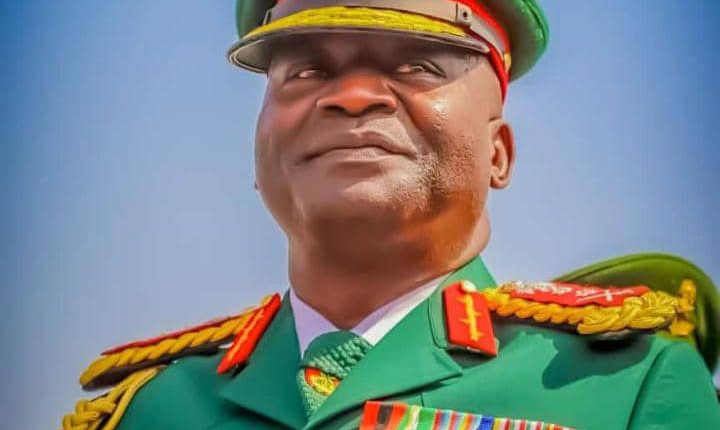The Decades-Long Saga of Sectarian Strife, Asymmetric Warfare on the Plateau
By Lawrence Audu
The once-localized disagreement that erupted amongst the people of Jos North Local Government Area of Plateau State on September 7, 2001, has since evolved into a protracted and multifaceted conflict, spreading its roots deep into the region and defying resolution for more than two decades. What began as a spark of discord has now morphed into a relentless asymmetric warfare, perpetuating a cycle of violence and instability that has left an indelible mark on the entire state.
The memories of the recent devastation wrought by militiamen in the villages of the plateau are still vivid, as the wanton destruction of lives and properties continues to cast a dark shadow over the region. The toll of this conflict has been severe, with hundreds of lives lost and countless families torn apart. The gruesome attacks in Mangu, Barkin Ladi, and Bokkos local government areas stand as somber testaments to the scale of the tragedy that has unfolded. Despite the efforts of the military, operating under the banner of Special Tasks Force, Operation Safe Haven, to safeguard the lives and properties of citizens, the insurgency persists in various guises, facilitated by elusive actors and their enigmatic sponsors. The insidious nature of this conflict has defied the best attempts of successive governments to quell the unrest, despite significant investments in combating insecurity in the region.
Professor Simeon Olayiwola of Ahmadu Bello University Zaria has provided insights into the complex web of factors contributing to the prolonged nature of this crisis. He astutely observes that the involvement of both the indigenous population and external actors, colloquially referred to as “strangers,” has contributed to the intractability of the conflict. Furthermore, he highlights the role of the state government, emphasizing that those in positions of power, including past and present governors, bear a significant responsibility in addressing the root causes of the conflict. According to Prof. Olayiwola, unless the indigenous community and the government of Plateau State demonstrate a genuine commitment to finding a lasting solution, the prospect of meaningful intervention remains elusive.
The enduring conflict on the Jos Plateau, stands as a stark reminder of the deep-seated societal fissures that continue to plague the region. It is a complex tapestry woven from historical grievances, competing interests, and external influences, rendering it resistant to quick fixes or superficial interventions. As the specter of asymmetric warfare looms over the community, it serves as an urgent call for reflection, dialogue, and concerted action to address the underlying issues that fuel this enduring crisis. Only through a holistic and inclusive approach that engages all stakeholders can the path to sustainable peace and reconciliation be charted for the beleaguered region.
While we must applaud the Chief of Defence Staff, General CG Musa, for his dedication to resolving this crisis and aligning with President Tinubu’s Renewed Hope Agenda, which prioritizes the security and well-being of all citizens across the country, it is imperative that the troops deployed in this operation receive the essential support needed to effectively carry out their mandate. Their tireless efforts on the front lines are vital in stemming the tide of violence and restoring peace to the region.
In addition to the military’s commitment, it is crucial for political and socio-cultural interest groups to refrain from making inflammatory statements or engaging in conduct that could exacerbate tensions. Instead, they should actively promote dialogue, understanding, and reconciliation within the communities. The citizens of the state, regardless of their ethno-religious affiliations, must unite in a collective effort to break the cycle of violence and pave the way for lasting peace. This may require making concessions and embracing compromise for the greater good of the entire community.
By fostering an environment of collaboration and mutual respect, the people of Plateau State can work together to address the root causes of the conflict and forge a path toward sustainable peace. Only through a concerted and inclusive approach, marked by empathy and understanding, can the community begin to heal the deep wounds caused by years of strife and division. As stakeholders at all levels of society come together in pursuit of a shared vision for peace, the potential for meaningful progress and lasting change becomes within reach.
Lawrence Audu is a journalist and publisher based in Abuja. He is Media Advisor to Building Resilience Against Violent Extremism Insurgency and Terrorism (BRAVE-IT).


